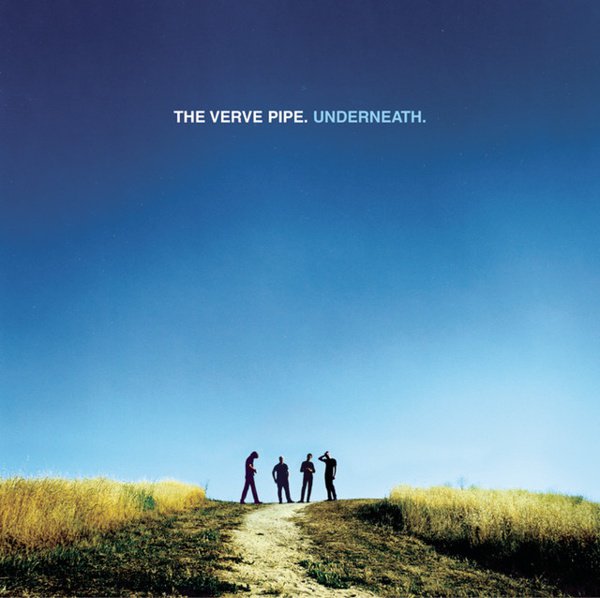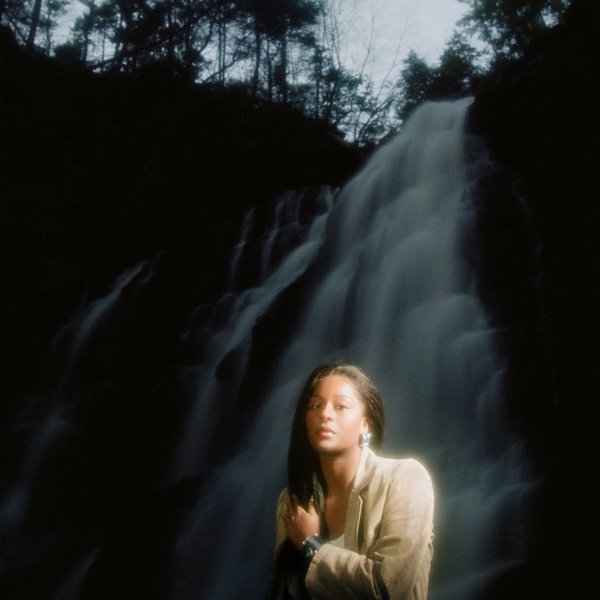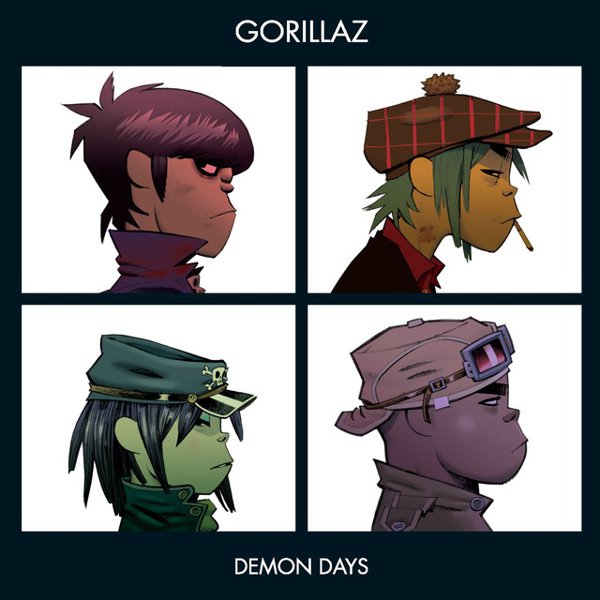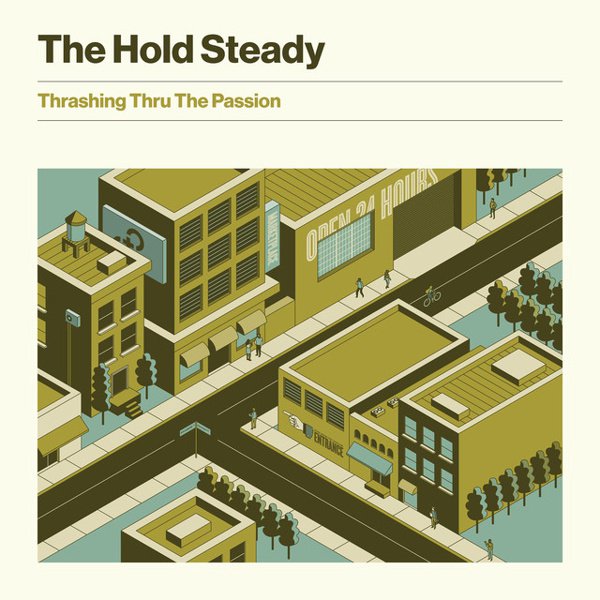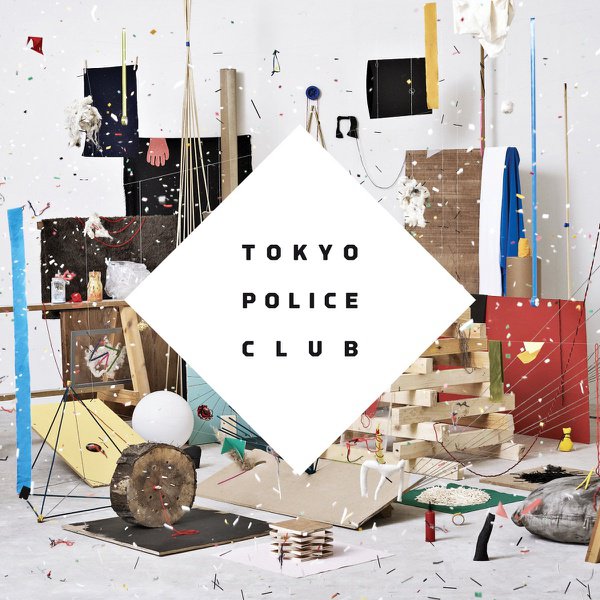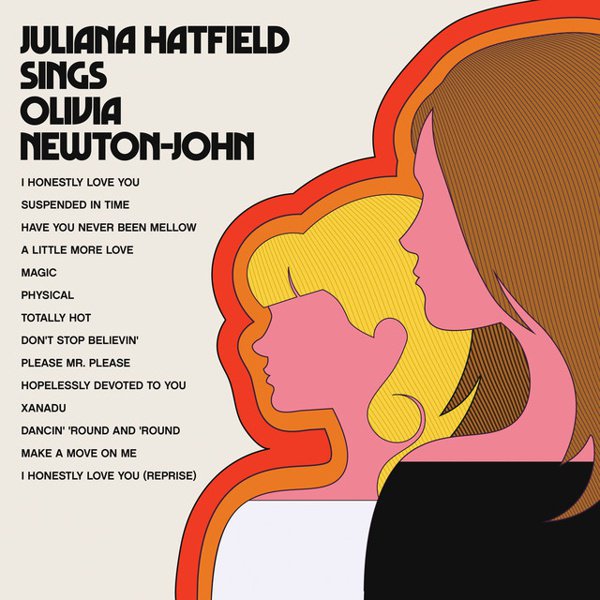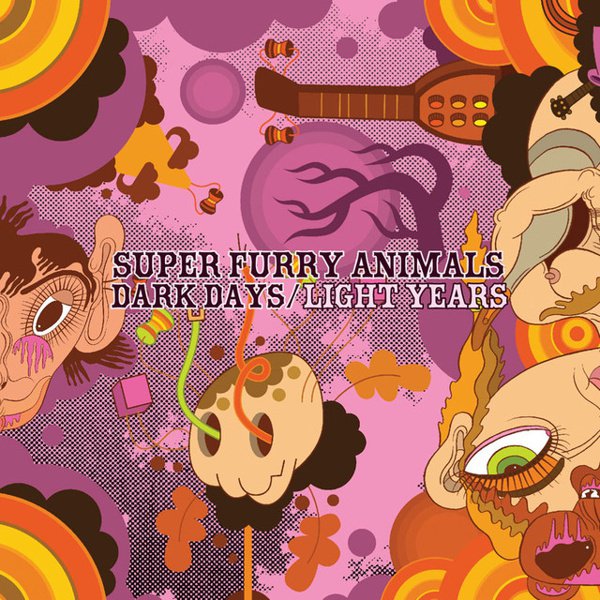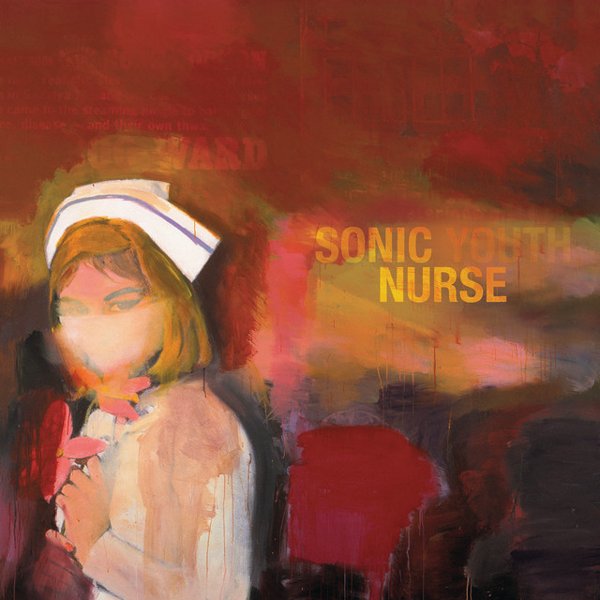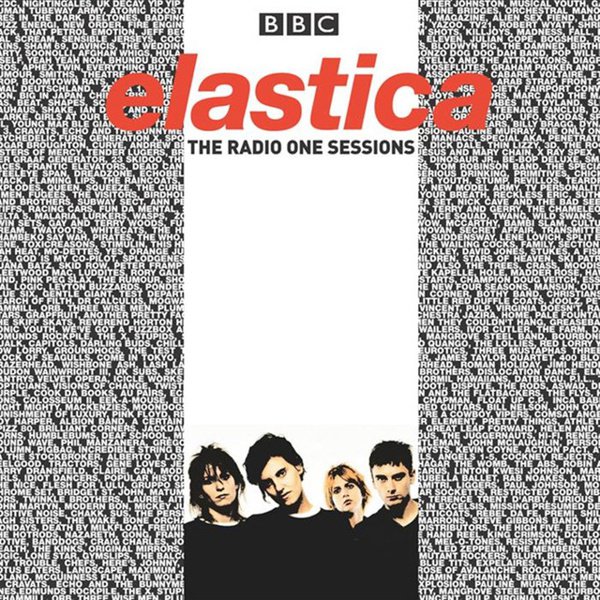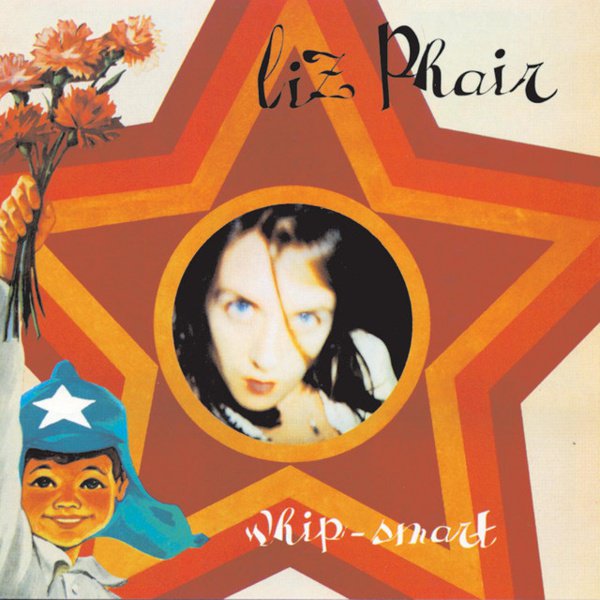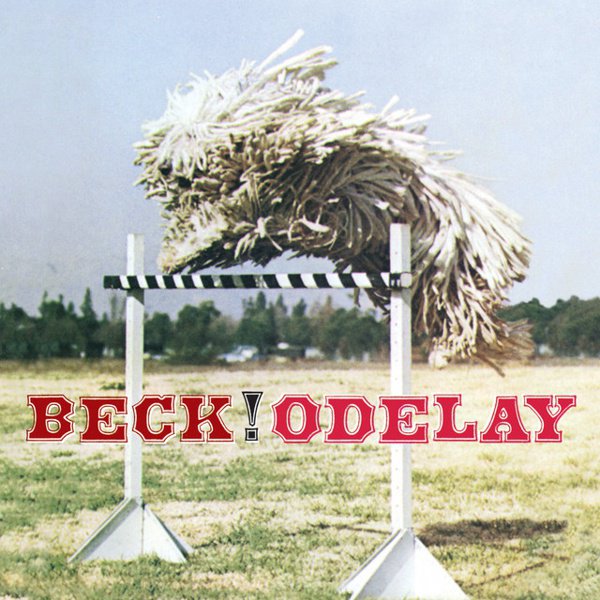
Recommended by
Odelay
If Mellow Gold was the most startling fluke of the great alt-rock major-label cash-in — a Geffen release more confrontational and abrasive and unpredictable than half the stuff you could get from the indies — its critically-adored smash followup Odelay turned that ambush into a block party. The oddball take on junkshop rap introduced by “Loser” and “Soul Suckin Jerk” gets a boost from the Dust Brothers’ first great sample-slinger session since Paul’s Boutique, but since Beck’s a native Angeleno where the Beasties were adaptable tourists, the vibe’s a little more knowingly arch — the El Lay artifice turned in on itself, awkwardly embraced, and sent out into a mid ’90s rock world starting to come to grips with the fact that it was living on hip-hop’s terms. And since some of those terms involved a tradition of repurposing any music it could find regardless of genre, Odelay adapted well enough to anticipate a near-future where artists from Gorillaz to Avalanches would fully embrace what it offered. The chirpy organ funk of “Where It’s At” and its “two turntables and a microphoooooooone” refrain might scan like a b-boy shrugging mid-uprock, but it could be every bit as much an anthem for any eccentric DJ whose thrift-store detritus takes casual listeners to places they’d never expect. “The New Pollution” pulls the hilarious stunt of drenching the propulsion of “Tomorrow Never Knows” in plastic-keyed tinniness and frictionless smooth-jazz sax and coming away with a gorgeous neo-psych classic anyways, a vivid complement to a lyrical fascination with an enigmatic woman and the garbage-strewn ennui that envelops her. And it means something that those two singles are strong enough to potentially come to mind before the table-setting-then-flipping statement that sets it all in motion; opener “Devils Haircut” and its gnarled Tom Waits-goes-JSBX blues-rock debris makes an all-time case for the hip-hop drum break as a crucial component of rock — and a tradition-carrying one at that. (We’re all united by Bernard Purdie.) And in the process he drops lines that feel revelatory through their sardonic impressionism — “Don’t call us when the new age gets old enough to drink” (“Lord Only Knows”); “I packed my suitcase and threw it away” (“Derelict”); a Spanish-language hook that translates as “I am a broken record/I have bubblegum in my brain” (“Hotwax”); the citizens band trucker freakout of “Novacane” in its overdriven entirety. But any ironic evasiveness and obscurantism in these pastiches feels moot when it’s clear from more contemplative moments like the forlorn Dylan-via-Van Morrison baroque-folk “Jack-Ass” and the acoustic comedown closer “Ramshackle” that he really does give a damn.


